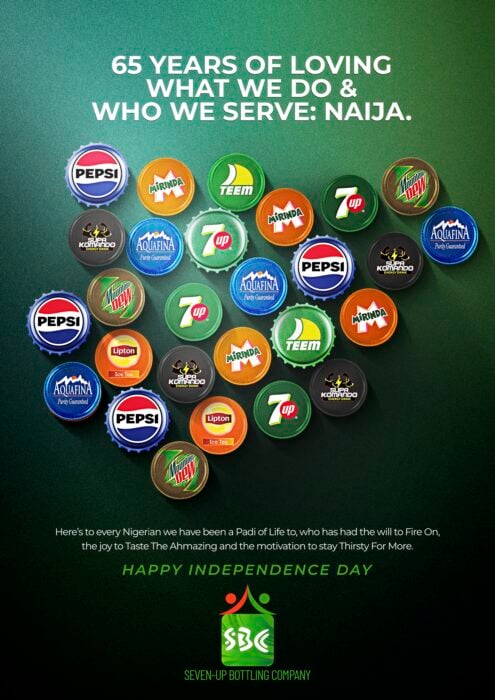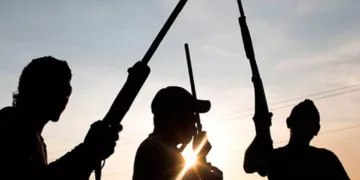The National Agency for the Prohibition of Trafficking In Persons (NAPTIP) has disclosed that a woman who has sold over 120 Children has been arrested and is now facing prosecution.
This is coming just as the agency has also disclosed that in it’s 20 years of existence, it has no tracking machine.
The Director-General of NAPTIP, Prof Fatima Waziri-Azi, stated this when she appeared before the Senate Committee on Special Duties.
Fatima said, apart from the prosecution of the woman whose name she couldn’t disclose, they are also investigating a lot of fake orphanages and those who fake documents to run organisations they are using to traffick children.
“We are currently prosecuting a woman who has sold over 120 children. Young girls are lured into baby making machines where they are camped in houses and they sleep with different men,” Fatima said, adding that Human traffickers have capitalized on the japa syndrome and are now exploiting Nigerians.
“We have 32 offices in the country. We don’t have offices in Kogi, Niger and Bauchi State and we spent a lot from our shelters.
“We feed the victims, cloth them, provide support, trace their families and also help in repatriation,” Fatima said, adding that 20,200 victims have received support.
According to Fatima, there are a lot of rescued victims in Lagos, Katsina, Kano and Abuja with Benue having the highest number of rescued victims.
Fatima said NAPTIP has secured 639 convictions in 20 years adding that in 2021 alone, they received 1,232 human trafficking complaints.
“Every state in Nigeria is faced with trafficking especially Jigawa, Kano, Katsina. Before it was Edo state,” Fatima said, adding that they have always relied on donors to fund their activities, which is inadequate.
“We are supporting 32 victims in school, additional 21 in university.
“We existed for 20 years, but we don’t have a tracking device. We rely on Interpol, DSS for the machines we use in tracking,” Fatima added.
On the cases of baby factories, Fatima said the issue is so pervasive, noting that just this year alone, in collaboration with the Nigerian Army and the Nigerian Navy, they combed a number of baby factories.
“I know we did one in Anambra, we did another one in Rivers State. But they pop up everywhere and they are predominant in mostly the South-South part and South-East part of Nigeria. Currently, we are prosecuting a woman who sold about a hundred and forty-something children in two years. We also are working with a group of parents whose children were stolen from different communities in Nasarawa State.
“Some of these children we are still working on recovering them. In fact, there’s a young boy, he’s called Daniel. Daniel should be three years old now. He was rescued, I think, probably at the end of 2021 or the beginning of 2022, I don’t remember. And when he was rescued, two families came up and said, this little child was their child, and we were forced to conduct a DNA test, and none of it matched at our shelter.
“These are the kind of cases that we see every day. We are currently investigating a lot of fake orphanages, a lot of people who go and forge documents and deceive people who really want to adopt children. So this is a situation that we are aware of and this is a situation that we know as an agency we can tackle on our own, which is why we are working with the Nigerian Armed Forces, DSS, and the police. We are collaborating with everyone because even though under the Trafficking in Persons Act, it does not categorically provide for baby factories, but we have a crime against buying and selling of children. And of course, baby factories fit in nicely into that and sometimes peo…







